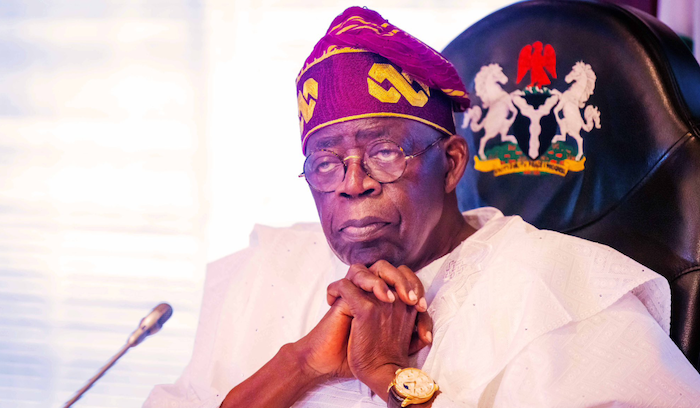The Nation
Nigeria’s debt climbs to N149.3trn

An analysis of data from the Debt Management Office (DMO) has revealed that Nigeria’s total public debt soared to N149.3 trillion by the end of the first quarter of 2025.
This figure reflects an increase from the N144.6 trillion recorded at the close of 2024. Between December 2024 and March 2025, the nation’s domestic debt surged by N4.4 trillion—from N74.3 trillion to N78.7 trillion.
External debt also saw a modest rise within the same timeframe, growing by N350 billion—from N70.28 trillion to N70.63 trillion.
The country’s debt burden has been steadily rising. In December 2024, the total debt stood at N144 trillion, up from N142 trillion recorded just three months earlier in September. At that time, domestic debt was listed at N73.4 trillion, while external obligations reached N68.8 trillion.
Further breakdown of the September 2024 figures shows that the federal government accounted for N69.2 trillion of the domestic debt, while states and the Federal Capital Territory (FCT) owed a combined N4.2 trillion.
The data indicates that the Nigerian government continues to depend heavily on domestic borrowing to finance public spending.
This escalating debt profile is notably higher than the N134.2 trillion total recorded as of June 2024. At that time, domestic borrowings amounted to N71.2 trillion, while external debt was N63 trillion. Of the domestic figure, N66.9 trillion was owed by the federal government and N4.2 trillion by subnational entities.
The growing debt comes despite assurances from President Bola Tinubu’s administration that it would curb Nigeria’s borrowing trend. In August 2023, during the inauguration of the Presidential Committee on Tax Reforms, Tinubu pledged to reduce the country’s loan dependency.
The State House had released a statement at the time, saying:”President Bola Tinubu in Abuja expressed his resolute commitment to break the vicious cycle of overreliance on borrowing for public spending, and the resulting burden of debt servicing it places on the management of Nigeria’s limited government revenues.”
(SAHARA REPORTERS)
















